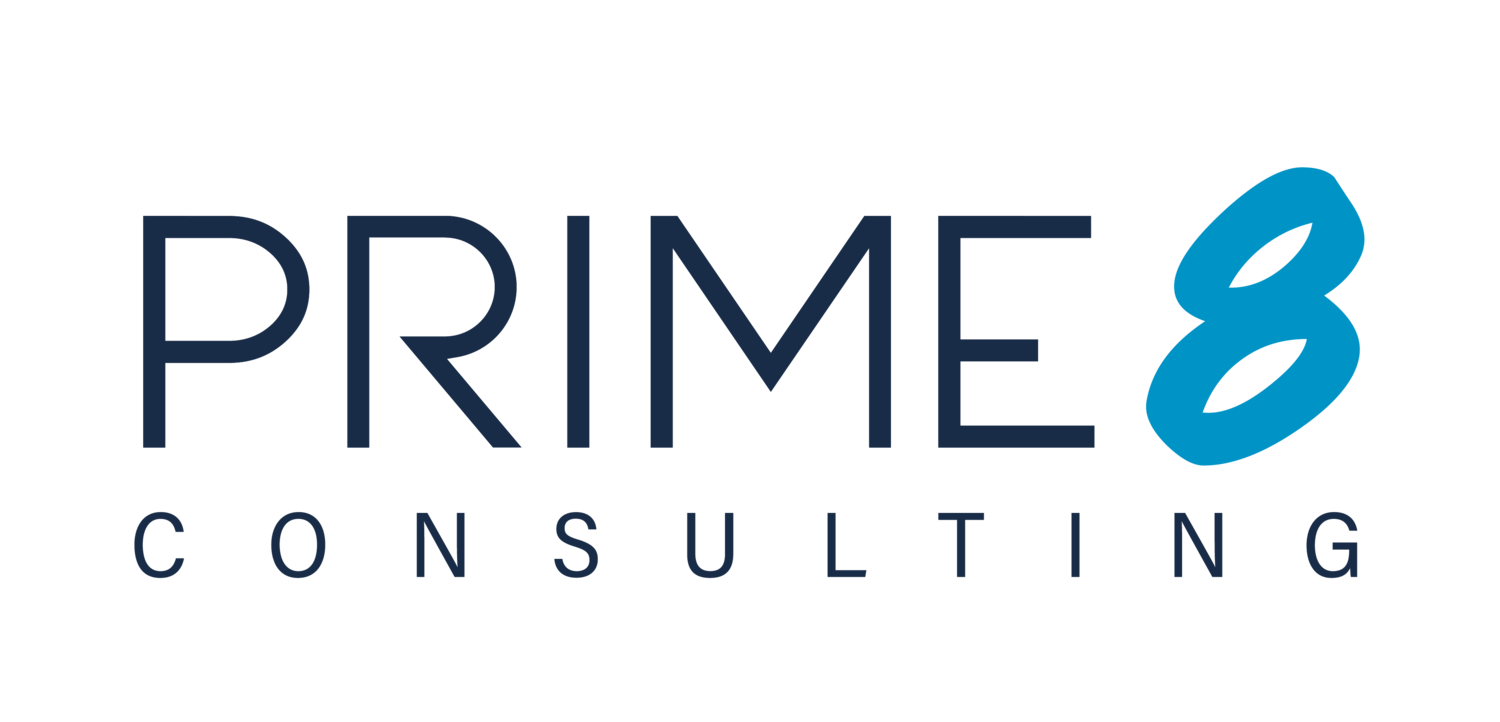Why You Need a Consultant Strategy in Times of Uncertainty
Times of uncertainty bring changes to the workplace. Layoffs, hiring freezes, and leaner spending are measures companies commonly take to maintain their financials. But these measures create new challenges — the work must still get done, but now there are fewer resources to handle it. The question businesses need to ask is, how do we get the work done more efficiently while mitigating budget and resource constraints? One answer: Develop a consultant strategy.
What Do We Mean By a Consultant Strategy?
Organizations use consultants for a number of reasons. In times of uncertainty, consultants often play a role in assisting in a “rightsizing” transition. With their expertise and experience, consultants provide valuable insight into restructuring a workforce while minimizing layoffs as much as possible.
Another way to bring value to an organization during lean times is to fill gaps in your workforce with the expertise of a consultant. Rather than hiring for permanent positions, companies can use consultants for specific projects. The work still gets done, and consultants are only on the payroll for as long as you need them.
When the business climate shifts, new opportunities arise. Experienced consultants can also monitor the market and identify new directions that keep you ahead of the competition. Consultants have a varied background by the nature of the work they do. They gain a bird’s-eye view of how different companies approach problems, adapting best practices they can put to work for your benefit, often fast tracking results, which can in turn, save money.
The strategic use of consulting experts help a company remain agile and competitive when faced with challenges in the business environment.
Why You Need a Consultant Strategy in Times of Uncertainty
The business world is ever-changing, and companies must remain agile to stay competitive. Consultants can be invaluable during times of financial difficulty by providing assistance during cost-cutting measures without sacrificing the quality of work or customer service.
Here’s how.
FILL SPECIALIZED SKILLS GAPS
Consultants bring niche expertise and specialized skills to their projects. At times competition for specialized skills (such as IT, automation, marketing strategy, etc.) is tight and talent is hard to find, or a company might not have the budget to hire a dedicated headcount to work at a project level. Gaining access to critical skills can be tough if you’re under a hiring freeze and if time is of the essence, you don’t have time to upskill your staff. Consultants have the breadth and depth experience to get results quickly. This ensures you get the just-in-time expertise your project requires to achieve your desired outcomes.
GET ADDITIONAL SUPPORT WHERE YOU NEED IT MOST
Whether a project team needs a fresh perspective or you’re starting a new initiative, consultants provide extra eyes and hands where they’re most needed. In addition to niche skill sets, consultants often bring extensive leadership experience that can unite teams and create efficient systems to keep everyone on the same page.
This extra level of support helps teams to make the most of available resources — a critical feat when those resources have been limited by uncertainty.
SAVE MONEY WITHOUT SACRIFICING OUTCOMES
Saving money remains a top priority for many organizations during periods of uncertainty. Spending may slow, requests for funds may need stronger justification, and teams may feel more pressure to demonstrate ROI.
Consultants bring specialized knowledge and an outside perspective that may help identify areas for improvement and potential savings. This might be the sole purpose of bringing in a consultant, or it could be a welcome by-product when you enlist a consultant for a project.
In addition, the higher level of expertise of a consultant may help you to shorten project timelines, reduce trial and error, and fast-track your results. When this happens, cost savings become a natural part of the process. Less money is wasted on mistakes and inefficiencies.
TURNKEY TALENT KEEPS BUSINESS FLOWING
Hiring traditional employees, no matter the role or skill level, can be a time-consuming and costly process. There’s the matter of posting jobs, then interviewing, vetting, and making the job offer — a time period that spans anywhere from 25 to 44 days on average.
Then there’s the onboarding process and training period, which can take from three months to a year. In total, that’s four to five months or more between the need to hire and realizing the contributions the employee will make.
Consultants shorten this lag time significantly, allowing companies to sidestep some of the more time-consuming parts of hiring. Consultants often work on a per-project basis and are skilled at stepping into new roles and ramping quickly. There’s often no need for training, so companies see nearly instant value.
GAIN OBJECTIVE PERSPECTIVES ON BUSINESS PROBLEMS
A consultant strategy can give businesses a line of defense when solving big problems. Business leaders can be too close to a problem to view it objectively. Unconscious bias or emotion can cloud judgment, especially when it comes to making tough business decisions during uncertain times.
Consultants can bring in fresh perspectives without the emotional attachments that internal leaders may have formed. This allows stakeholders to tackle a problem without bias and to reach an quick, objective solution.
Forming Your Consultant Strategy with Prime 8
Consultants can be an effective strategy for "rightsizing" companies in times of uncertainty. Whether you’re trying to fill talent gaps, maintain a diverse workforce, or decide how, when, and where to cut back, a sound consultant strategy provides a constant you can rely on when everything else seems up in the air.
At Prime 8, our consultants help our partners maintain competitiveness, maximize resources, and build on successes that will carry you through uncertain times. Work with Prime 8 and let us help you maintain momentum!


























